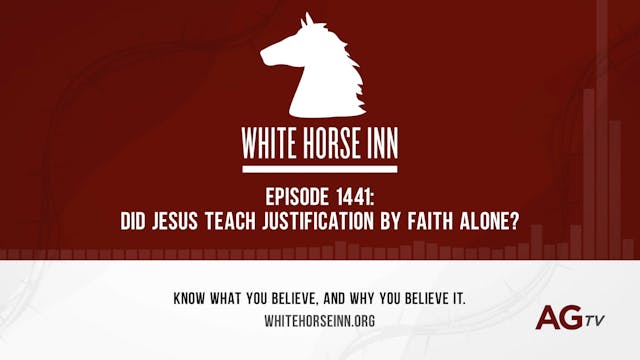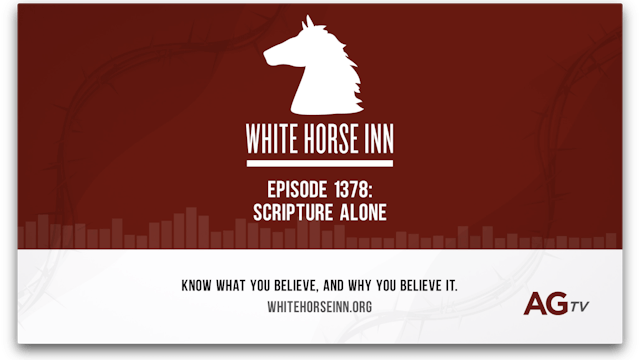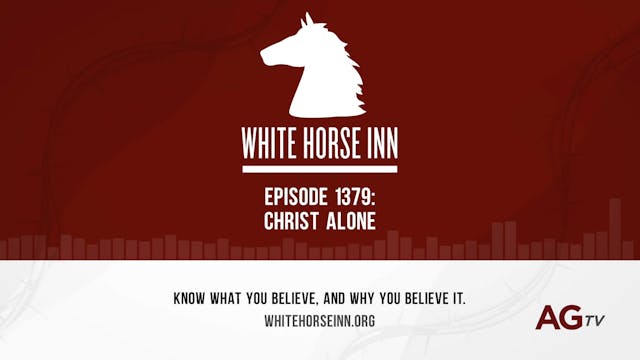At the heart of the Protestant/Catholic division in the sixteenth century was the disagreement over the doctrine of justification by an alien or imputed righteousness. In Catholic theology, justification is conceived as a lifelong process of becoming intrinsically righteous and holy, rather than a once-for-all declaration of “not guilty” to sinners who put their trust in Christ. On this program the hosts walk through the issues involved in this important debate and interact with the views of the sixteenth-century Reformers.
Up Next in The Five Solas of the Reformation
-
Did Jesus Teach Justification By Fait...
Sometimes Christians will say things like, “I’m not interested in all those heavy doctrines that Paul talks about. I’m only interested in the simple teachings of Jesus.” But did Paul reshape the Christian message, or was he actually a faithful apostle? To put the question more sharply, did Paul i...
-
Scripture Alone - The White Horse Inn...
As we approach the 500th anniversary of the Protestant Reformation, today’s Protestants actually have little to be proud of as we survey the movement as a whole. The content of our messages and the shape of our worship services are largely determined by cultural preferences, marketing strategies,...
-
Christ Alone - The White Horse Inn - ...
Many Christians in our day, whether liberal or evangelical, declare that there is hope of eternal life apart from explicit faith in Jesus Christ. In fact, according to one survey by George Barna, 35% of America’s evangelical seminary students agreed with the statement, “God will save all good peo...




2 Comments